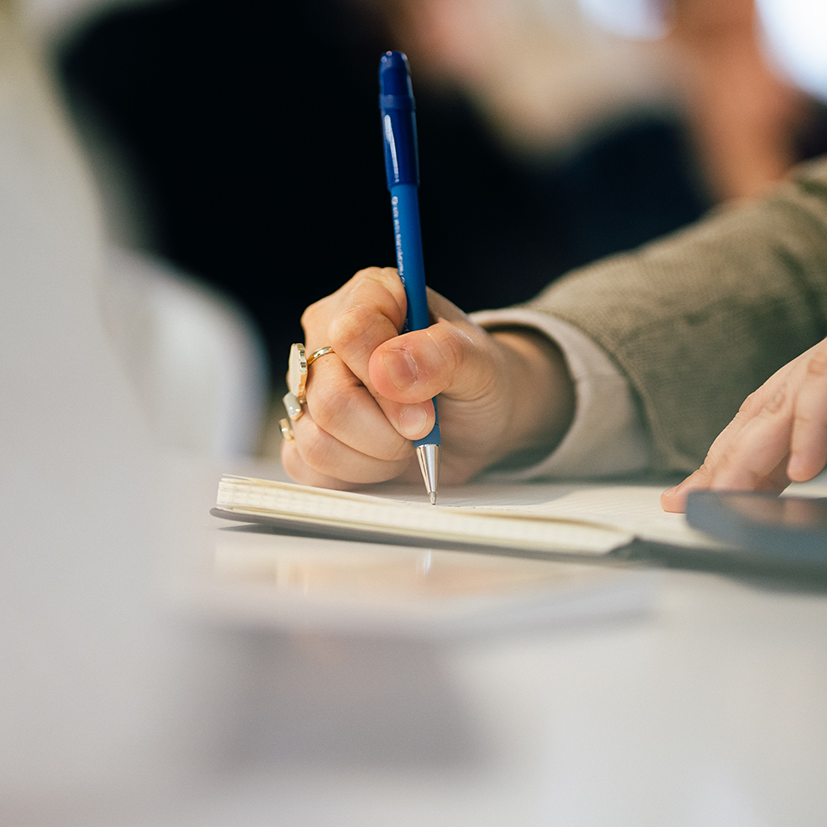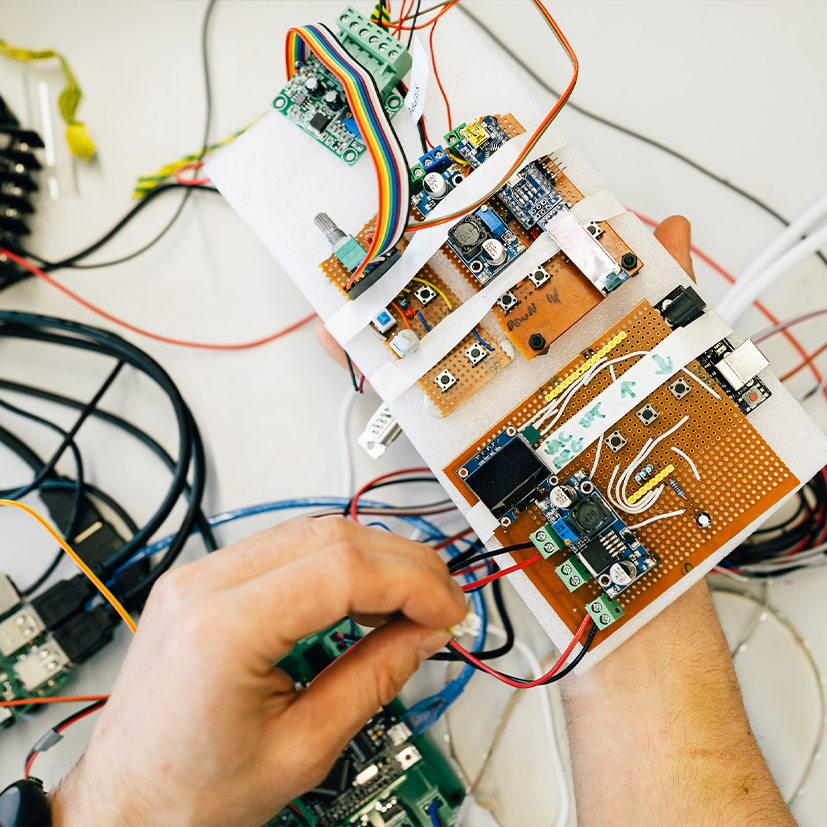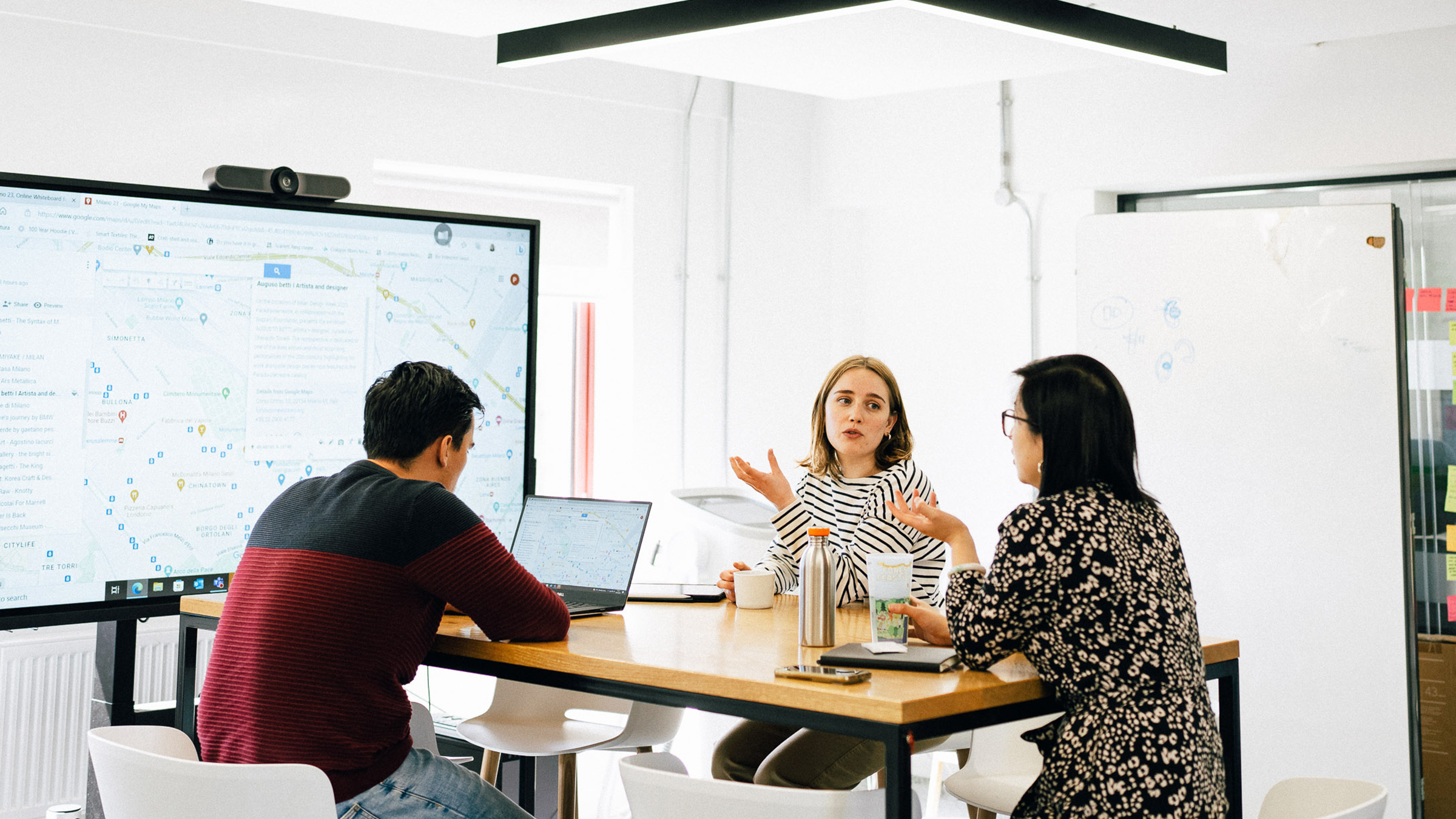Keys to design success: 4 essential skills for designers
With over 30 years of design experience, we at PDR take pride in our team’s diverse skillset and ability to complete projects across a wide range of sectors. To give you a glimpse into some of the essential design capabilities that drive project success, we spoke with our Design Consultant, Will Pargeter. He shared four skills every designer should master to excel.
Curiosity
The first key trait Will highlights is for all designers to remain curious. “We've got a wide range of different types of people working at PDR. The common thread between the different disciplines is curiosity.” Asking rudimentary questions at the beginning of a project always stands a team in good stead: Why has the case been proposed like this by the client? What can we change? What is important to the user? Will continues, “Asking all of these questions is what gets you down to the bottom of a good design. Having an innate desire to unpack things is very important.”

Communication
The second skill Will highlights is communication. “I don’t think it's controversial to say that a good employee of any kind is a good communicator”. In design studio settings where ideas are constantly exchanged between team members, being able to make your point clearly and efficiently will always be valuable. Also, knowing the right time to go into detail is key, as is designers making the best of their individual skillsets. “If you’re great at sketching then lean into that and do a sketch. It could be quicker for me to do a CAD model than do a sketch for people to understand.”
When it comes to communicating with clients, Will points out the importance of always being aware of their knowledge level. “It’s all about knowing who you’re talking to – are you discussing with other designers or people with no knowledge of the subject area. The crucial element is knowing how much detail to go into and when.”
Collaboration
Being able to collaborate with fellow team members is another skill that can enhance your output. Will notes the importance of brief, regular checkups with co-workers to make sure you’re all on the same page and converging on a solution.
He continues, “If you’ve designed something and it works because you know it works, that doesn’t mean it’s a good design. Getting a lot of opinions from people in the room is very important, as is getting external opinions from people who don't have experience or a pre-conceived notion of what it should or shouldn't be like... Innovations often come about from somebody that's completely unconnected to the field asking a stupid question, and the person who’s the expert goes ‘wait a minute... That's not so stupid after all.’”
Will also highlights the importance of transparency throughout the team and fostering an environment where people can constructively feedback to one another and query each other's points. “If you’re questioning other people’s things as much as they you, then it’s all on a level playing field.”
Prototyping
The final skill is a more practical one. Creating protypes are an increasingly integral part of a product’s iteration process. Will notes, “Getting a physical object into the real world is really important. It makes it obvious very fast what the problems are.” The rapid growth of 3D printing has enabled designers to integrate prototypes into their workflow on a far greater scale. Models can now be built on software like SolidWorks and sent to print all with relative ease and convenience compared to years gone by.

Prototyping can also be a powerful tool to showcase ideas clearly to clients. Will says, “Sometimes there can be an overemphasis on getting things to work first time, but this doesn’t have to be the case. Time taken to make a prototype, make a rig, test the concepts and test whether its plausible or not, even if it doesn’t work smoothly, will give you a huge amount of information and potentially save a lot of client budget.”
Do you have a project that you think could benefit from our design expertise? Get in touch.

